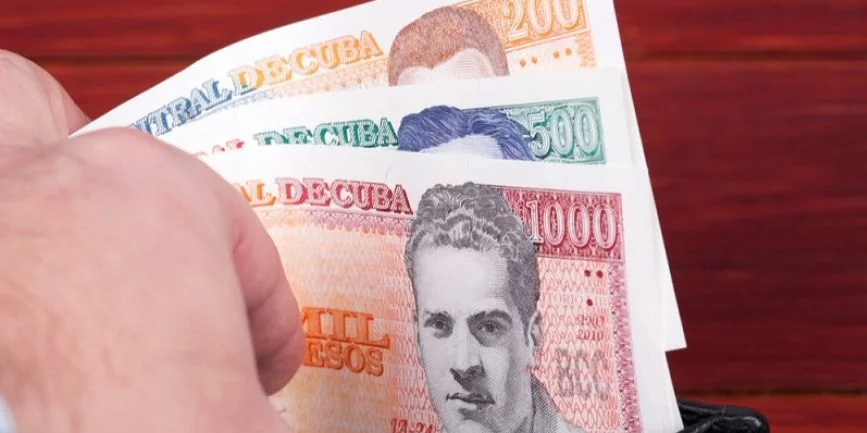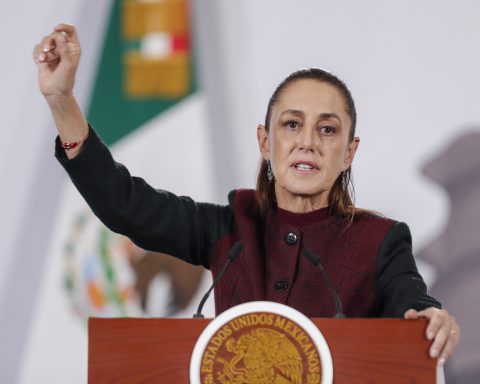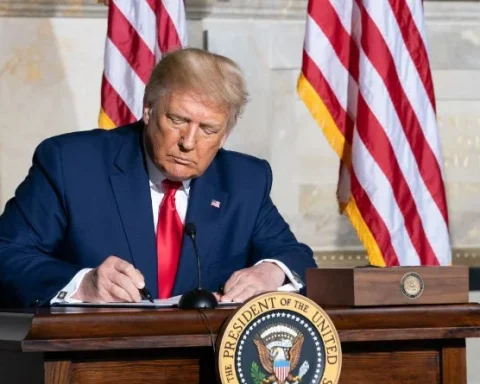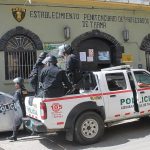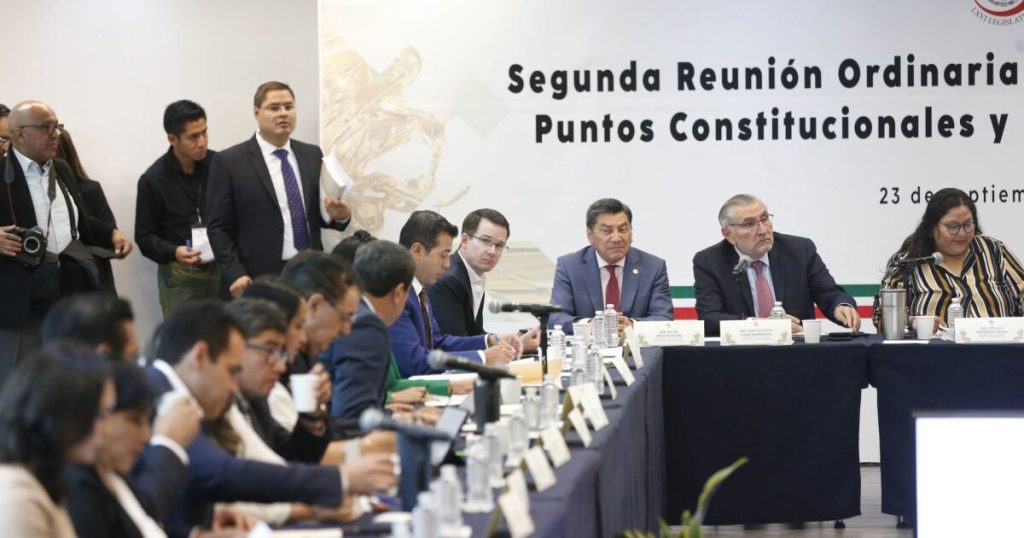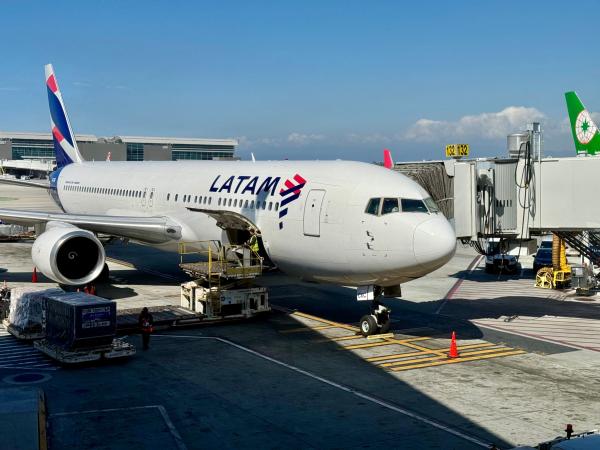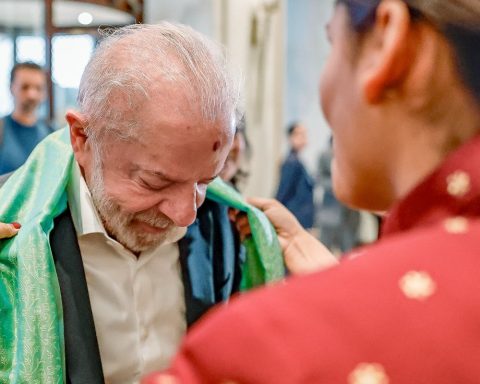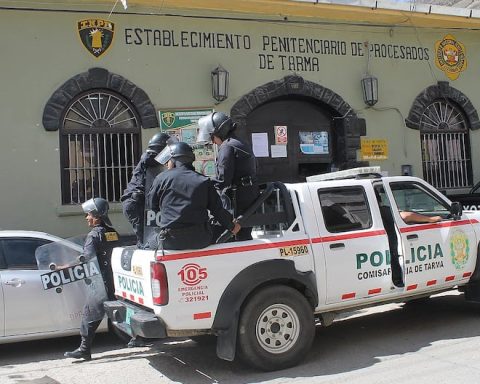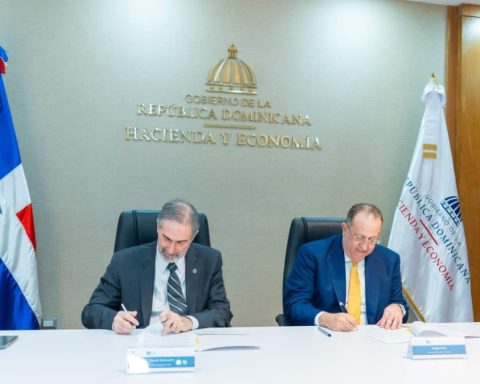HAVANA, Cuba. – “There is money in the ATM,” people shout in the neighborhood, and some run out like when “orders” arrive at the grocery store. It is known —at least in Havana, because in the other provinces the story becomes more complicated— that for months now the five (sometimes seven) pounds of normalized rice have not arrived at one time, and the same happens with the two pounds of sugar. So those who are among the first in line are lucky. The rest can wait for another neighbor, any other day, to give the word again about “what came in” or about what they are “waiting for.”
There is money in the ATM and people rush to withdraw what they can, whatever the local bank allows that day, which never exceeds 5,000 pesos and which generally fluctuates between 1,000 and 2,000, insufficient amounts in a context where the cheapest pair of shoes does not go below 3,000, that is, more or less the same as that carton of eggs that Cubans today consider “rich people’s food” was worth before they disappeared.
Having cash is almost a feat, but having it in high denomination bills and in a certain amount that exceeds five or ten times the salary or pension, is the guarantee that, although little, at least we will be able to buy, especially in clandestine markets that function as WhatsApp, Facebook or Telegram groups where it is easier and safer to find what “legal” merchants now have to sell secretly “playing tricks” with the mafia of state inspectors.
But in very few of these groups do sellers accept transfers as a means of payment, especially when they know they are selling what you will hardly find anywhere else. And what is scarce, because it is worth it, is paid in cash, which translates into more expensive items, since a peso or a dollar kept in the bank today is worth less than one circulating on the street.
Something worse is happening with physical money since they invented the banking with full awareness of not having the conditions to implement it successfully. And, apparently, with full awareness that in Cuba every new measure, every new law, every new decree that comes to “change the rules of the game” only serve to bring in and out “players” in that “national sport” that we call “fighting” only to avoid the word “corruption.”
As a result, online and bank transfer payments are pure fantasy in most businesses where their owners need cash to replenish their merchandise. This is what suppliers demand, who, at this stage of the game, already have their own banking system, largely separate from the Central Bank, and therefore much more efficient, secure and reliable, so that cash, and especially foreign currency, enters, accumulates and leaves the bank with a dynamic that is envied by the regime’s banks.
“It would only be missing [para ser absolutamente autónomos] “to be able to issue its own currency,” someone who knows the situation well tells me, but also clarifies: “It is not necessary either, the system itself [del Banco Central] supplies them”, due to the corruption generated by a cash (and foreign currency) deficit turned into a business by managers and officials who have known how to take advantage of the situation.
“There is no cash available,” they say, and to a certain extent they are not lying, but everyone knows that, like rice and sugar, like bread and pork, it is scarce but there is some, although only for a few, and that is achieved by taking away, rationing and making it disappear for many, and turning it into a privilege for the same people as always.
Thus, cash, and also foreign currency, so coveted and sought after as much or more than rice, oil and eggs, are overpriced both on the streets and at the bank counters where withdrawal limits only apply to those who queue as “established”. For those who enter “on the left” the conditions are different.
It is no secret to anyone that today to extract a dollar – of those that remained “frozen” when the “ordering”— you have to pay another one “under the table”, and to withdraw 100,000 Cuban pesos from any bank, even when the maximum limit is 5,000, you only have to pay about 10,000 more to the teller who will do you “the favor”, and will do it with such efficiency (and so much dissimulation) that you won’t even have to ask for high denomination bills.
“You can’t do it any other way in a place where everyone is watching you,” confesses a bank employee interviewed on condition of anonymity. “The 1,000 peso bills have a similar color to the 10 peso bills. From a distance they look the same. When you give a bundle of 100,000 pesos, after you have given the previous person and the others a bundle of 1,000 pesos in 10 peso bills, nobody notices it. The same thing happens with the five peso bills and the 500 peso bills (…). I wouldn’t think of paying large amounts in smaller bills. We reserve the high denomination bills for our things,” confesses this person with such nonchalance that it is assumed that only a fool does not know this reality.
So, most banks pay salaries, pensions and small withdrawals in low-denomination bills, which will still be of little use when they are rejected when they try to penetrate, through the acquisition of goods and services, this parallel, underground banking system, where retail merchants and suppliers do not consider bills less than 100 pesos as “cash” money.
The cash situation has been continually denounced by those who have been affected. Just a few days ago, the regime dedicated a prime-time television program to it, which, without going into the phenomenon in depth with the obvious objective of never revealing the root, only served to say that they know the problem but that they will be able to do very little about it, beyond deploying the same control system that, far from attacking the problem, makes corruption much deeper and more complex, the origin of which is not in the streets (that is only its reflection) but in the institutional apparatus that has served as its protection for more than half a century.
Many, the majority of Cubans, those who live on a salary, a pension or a small remittance, need a definitive solution, perhaps even a return to the times when chaos, with CUC and less hunger, seemed to be less chaotic, but it happens that the few who should fix it also, are already owners of SMEsthe hand that pulls the strings in the shadows, are those few who derive personal benefits from a parallel “banking system” for which there are no limits either for the withdrawal of cash or for that currency that enters the state banks and that, at the moment, possibly without going through the vaults, or even through the system, leaves secretly through the back door, heading for the same pockets.
